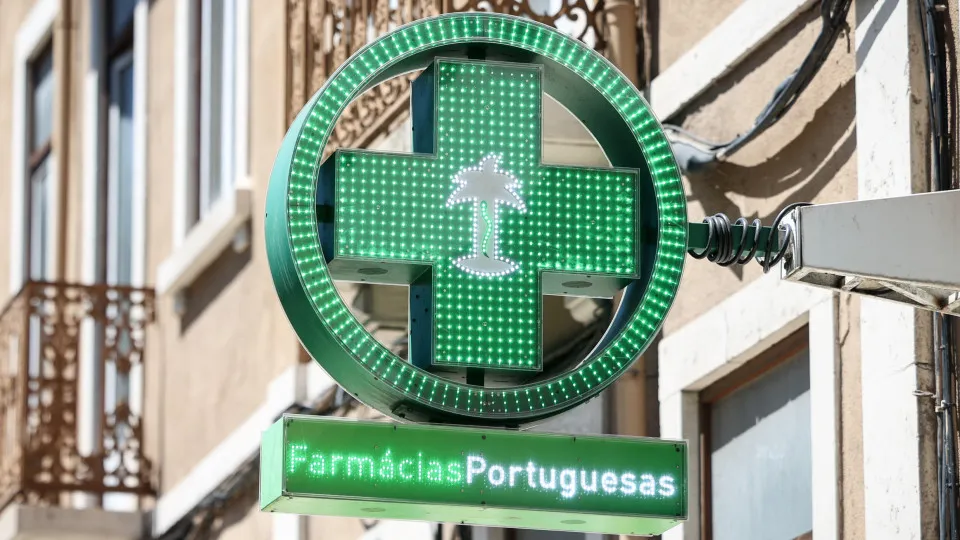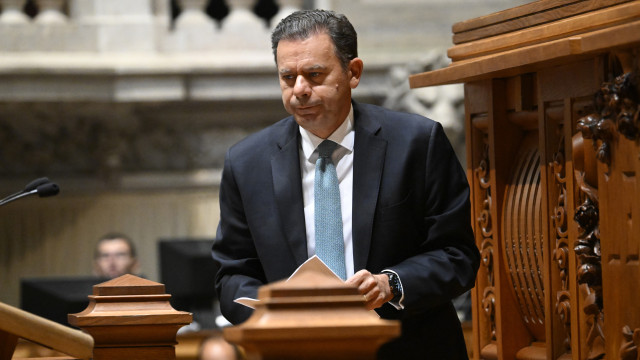
The government’s plan, as stated in the Diário da República, aims to “reduce the risks of conflicts of interest” and enhance “transparency regarding members of the Government and their offices.”
The announcement for the creation and execution of this risk prevention plan was made in April of the previous year, aligning with the approval of the government’s code of conduct.
A decree issued at the time set a deadline of 180 days to implement the plan, setting October as the deadline.
However, the plan was only signed by the Prime Minister on February 13 of this year, being published today, well past the 180-day deadline.
Signed by Luís Montenegro, the document acknowledges that corruption represents “a severe problem impacting the quality of democracy, the efficiency of public management, the fairness of resource distribution, and citizens’ trust in institutions.”
The plan outlines 33 measures to address potential conflicts of interest, covering asset management, public procurement, legislative processes, and various scenarios such as the exercise of duties concurrently, discretionary powers in administrative decisions, delegation of public functions, and access to databases and information records.
Among the measures, it mandates that government members “submit and regularly update a statement of income, assets, interests, incompatibilities, and impediments to the Transparency Entity.”
Additionally, the administration led by Luís Montenegro requires government members to participate in training on conflicts of interest and risk management strategies.
For conflict of interest prevention, “appropriate measures” must be adopted, including requesting recusal and abstaining from decisions when substitution is not feasible.
The risk prevention plan was developed in collaboration with the National Anti-Corruption Mechanism (MENAC), and “individual ministers are now responsible for ensuring its implementation.”




